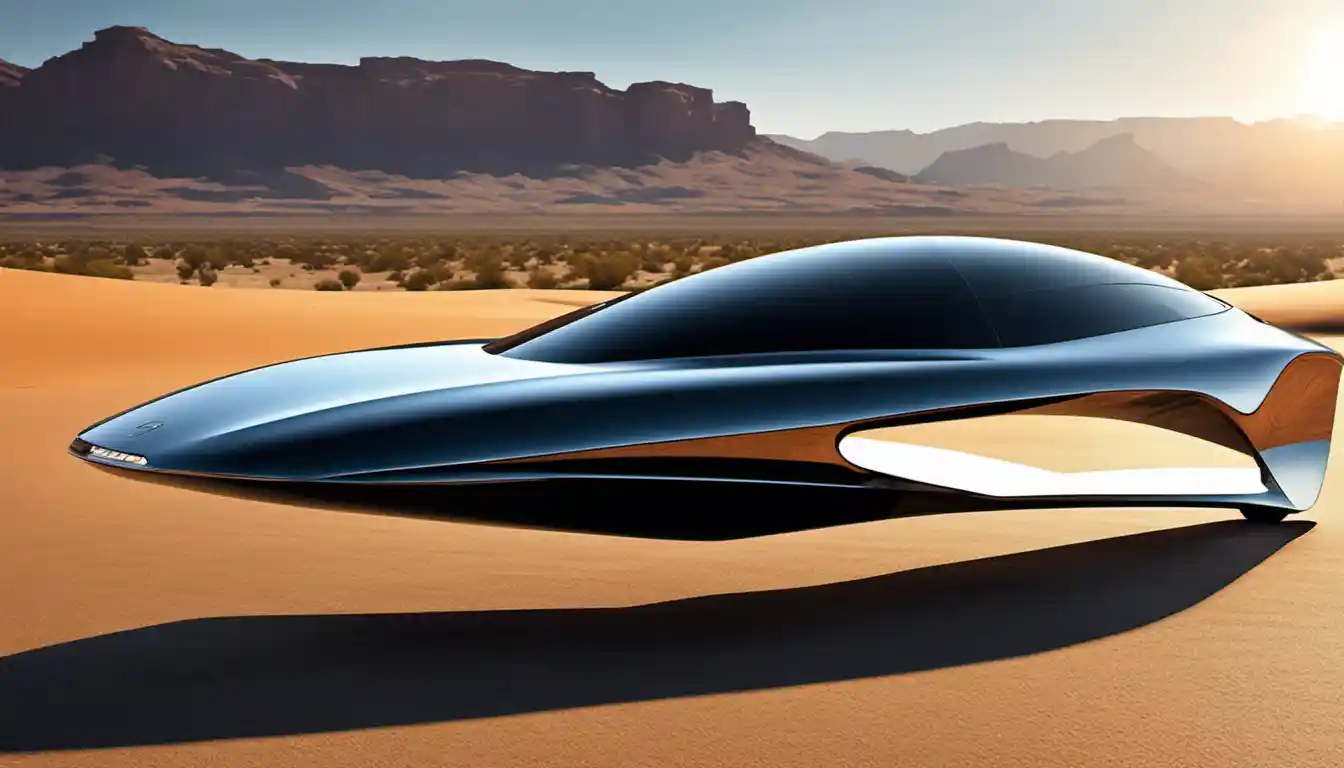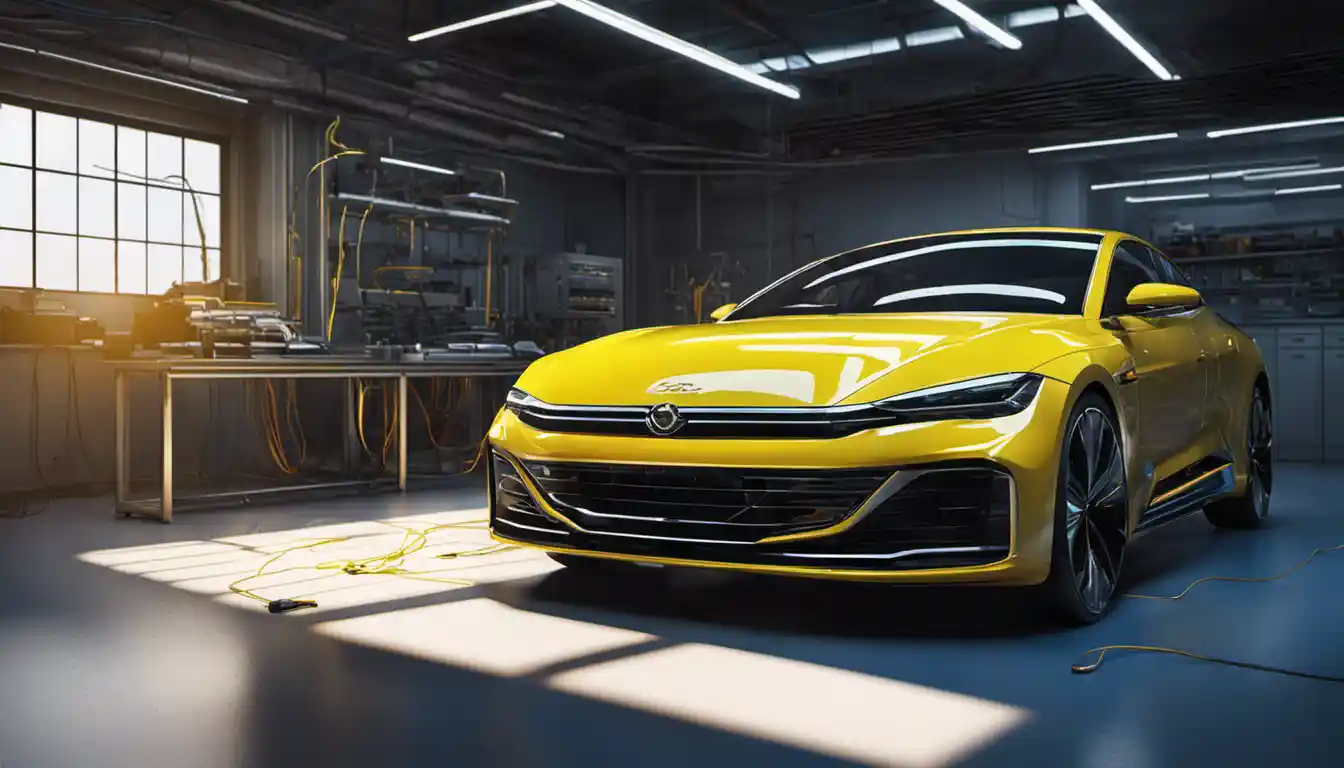Understanding what a Solar Battery is
Yes, a solar battery can be used in a car. Solar batteries are used in electric vehicles and hybrid cars to store energy produced by solar panels installed on the vehicle. This energy is then used to power the vehicle.
The often-asked question “Can a solar battery be used in a car?” is derived from a growing interest in renewable energy, and a universal drive to lower our carbon footprint. This brings us to the heart of the matter – solar batteries. Comparatively a new player on the energy field, these are storage units that harness energy from the sun, converting it into electricity that can be used on demand.
The Composition and Functioning of a Solar Battery
Solar batteries work on a pretty straightforward concept. They store the excess energy generated by solar panels during the day, to be used when there’s no sunlight. This energy is clean, renewable and surprisingly efficient. But how do they work? To understand this, try reading our comprehensive guide on how a solar battery works. This will offer you a foundational understanding of this fascinating technology.
Types of Solar Batteries

Solar batteries come in many different shapes and capacities, with lithium-ion batteries being the most common type, primarily due to their high energy density and long lifespan. You also have lead-acid batteries – more affordable but lower in efficiency, and saltwater batteries – an innovative, eco-friendly option.
Exploring the Potential of Using a Solar Battery in a Car
Do you find the idea of driving on sunshine thrilling? Imagine a world where your car is powered by the clean, free energy of the sun, devoid of fossil fuels and harmful emissions. This is where we explore the possibility of that world.
Technical Limitations of Solar Battery in a Car
There are, however, some technical hurdles when it comes to using a solar battery in a car. The primary challenge lies in the energy demands of a car, which are considerably high. To run smoothly, a car needs a consistent and substantial amount of power – something that current solar technology struggles to provide.
The Energy Requirements of a Car and How Solar Battery Matches Up

An average car demands somewhere around 100-horsepower. Translating that to electrical terms, you’d need a solar array produce around 74,570 watts to meet this. Current solar panels can’t produce this much energy within the required space of a car’s roof.
Comparing a Solar Battery and a Normal Car Battery
When considering “can you use a solar battery in a car?”, it is also crucial to understand the fundamental differences between a solar battery and an ordinary car battery.
Fundamental Differences Between the Two

Firstly, a car battery is designed to deliver a short, strong burst of power (cranking amps) necessary to start the engine of a car, while a solar battery is made for a steady supply of energy over an extended period.
Performance Comparison in the Context of a Car
Now, driving as we know it is more of a series of stop-start actions, rather than a continuous journey. Your car draws on the battery for ignition and subsequent requirements like air conditioning, headlights and audio system. The battery then gets recharged when the car is running. This is a cyclic process that happens every time you use your car.
A solar battery, on the other hand, doesn’t have the high cranking amps to start an engine as a car battery does. While it can maintain a steady supply of energy over time, its capacity to provide large bursts of energy is comparatively low.
Closing Thoughts: The Future of Solar Energy in Automotives
While the reality of fully solar-powered cars may not be here yet, numerous automakers and technology companies are heavily investing in this potential direction. The result could be a future where the question “Can a solar battery be used in a car?” is not only answered with a resounding yes, but a world in which it’s the norm. For now, hybrid solutions where solar energy is a supplementary power source seems the more practical route we are heading. The sun continues to shine down on us, and every ray brings us closer to that future.



